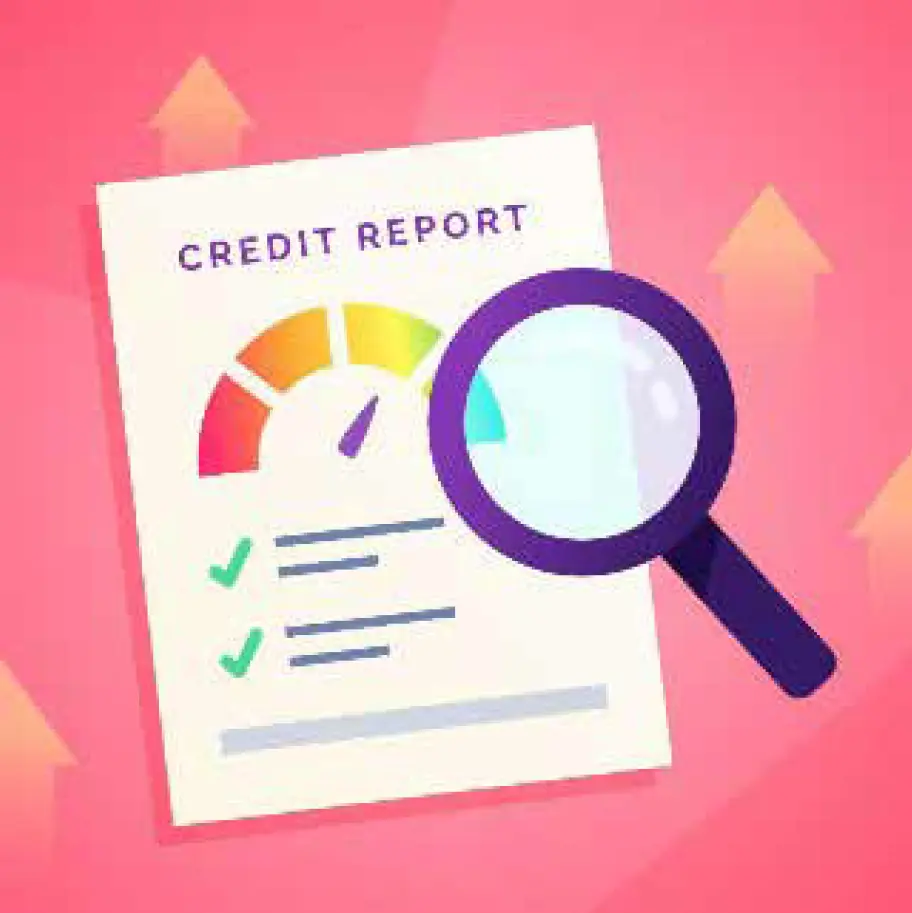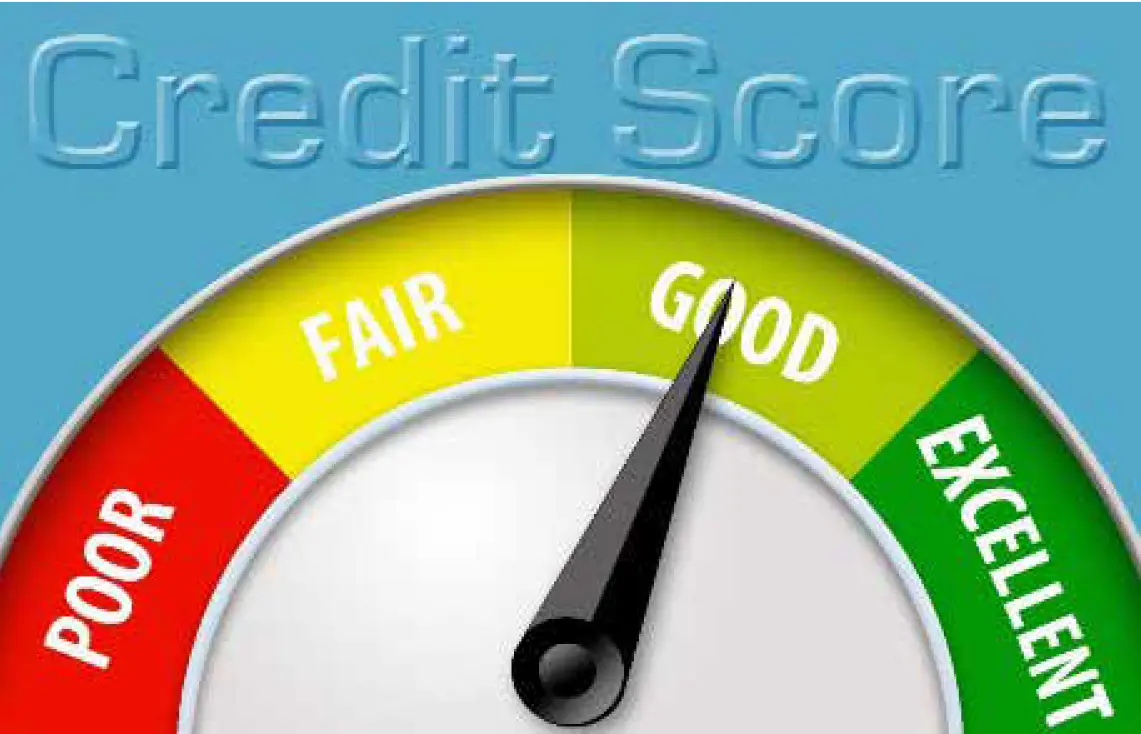
Bank News & Financial Literacy
March is National Credit Education Month

National Credit Education Month is dedicated to the education of understanding the importance of credit and why having good credit is essential. The national month began in 1989 by the National Foundation for Credit Counseling, a non-profit organization providing counseling and education services to consumers.
Dating back to the 1520s, the term “credit” started to arise when financial experts began to utilize the term credit to describe loan reliability. Sometime after in 1958, Financial experts invented the concept of credit ratings. Therefore, the Institution of the Consumer Credit Protection Act was established to protect consumers from unethical credit practices.
What is a credit score?
A credit score is a numerical rating that measures a person's likelihood to repay a debt. A higher credit score indicates a borrower is lower risk and more likely to repay their debt and make on-time payments. Credit scores are calculated using information such payment history, amount of debt, age of debt, and length of credit history.
How are credit scores used?
Credit scores are used by potential lenders and creditors as one factor in deciding whether to offer credit (like a loan or credit card). It is used to help determine the likelihood someone will repay debts such as loans, mortgages, credit cards, rent and utilities. Lenders may also use credit scores to evaluate a loan qualification, credit limit and interest rate.
What is a good credit score?
Credit scores range from 300 to 850 with average scores falling between 600 and 750. What is considered a good credit score varies but, as a rule, a credit score of 700 or above is considered good.
Maintaining Good Credit Health

Here are a few basic tips to improve or maintain good credit health:
- Review your credit information annually to ensure there are no errors to your personal information, account status (open or closed), account balances, age of accounts or payment history. Request credit reports from all three nationwide agencies Equifax, TransUnion and Experian as they may have varying information.
- Pay at least your minimum amount due on debts, and pay them on time. A single late payment can hurt your credit score.
- Pay off your credit cards each month, or keep your balances low.
- Pay down debt using two debt approaches:
- Snowball Method. With this approach, you’ll make the minimum payment on all of your outstanding debt. Any remaining funds should be applied to the smallest loan obligation. When that smallest debt is paid off, move to the next smallest debt. This method helps motivate you by seeing your progress with paying off a debt. The downside of this approach is you may end up paying more in interest than the next method.
- Avalanche Method. With this approach, you still pay the minimum payment on all of your balances. However, any remaining funds should be applied to whichever debt has the highest interest rate. This method minimizes the amount of overall interest paid; however, it may be difficult to see your progress and stay motivated.

